A Dunfermline apprentice is being forced to spend almost 20% of her yearly wage on fuel costs for driving to work due to “crazy” prices.
Aimee Forbes, 20, spoke out after concerns were raised in Westminster about price differences between towns and cities creating a postcode lottery for fuel costs.
She often refuels in Edinburgh – where she works – saying it can be much cheaper than across the Forth in Dunfermline.
“Travelling back and forth is horrific,” Aimee told us.
“It’s crazy. My mum knows when I need to get fuel because I’m moody, and don’t want to go to the petrol station.”
Aimee was stunned during a trip to see family in the Highlands when filling up her car was £20 cheaper.
“I was paying £30 up there, but here it would be £50, which is insane.”
Aimee’s local Labour MP, Graeme Downie, highlighted research showing petrol can be 5p more expensive per litre in Dunfermline than Kirkcaldy.
And it has been 12p pricier than for a driver living in Aberdeen.
Aimee finds fuel costs difficult while earning £12,000 a year as an apprentice admin assistant for a gas and heating company.
But she says everyone in Dunfermline is feeling the pinch.
“All my friends are struggling, even though we’re on different wages,” she told The Courier.
“I started driving in 2022 when it was starting to get high, but that was normal to me.
“All my family members have told me how much cheaper it was back in the day.”
Aimee says she’s had to take a hit to her social life.
She said: “When I was 18 I’d go out all the time, but now I can’t. I’m a really social person.”
Dunfermline and Dollar MP Mr Downie said Aimee’s costs are “staggering”.
“Aimee’s story shows the real impact of unfair pricing,” he added.
“This situation, caused entirely by greedy retailers, is unjustifiable.”
Why do costs vary so much?
Fuel prices shot up significantly after Vladimir Putin’s full-scale invasion of Ukraine in 2022.
Prices can vary dramatically depending on where you stay.
Energy companies won’t be able to charge as much if they face competition from local supermarkets, or if demand is lower.
Retailers typically increase rates in rural areas.
For example, Sainsburys adjusts costs at each petrol station “using locally gathered pricing information”.
Chancellor Rachel Reeves froze fuel duty in her first budget, and extended a 5p cut until at least 2025.
Labour has also increased a windfall tax on oil and gas firms from 35% to 38% as they make record profits.
In the short-term Aimee hopes more can be done to stop prices fluctuating so quickly.
In the long-run she wants to see more done to reduce costs.
“The amount of money these big companies are making is shocking,” she said.
“They know it’s something people need.”

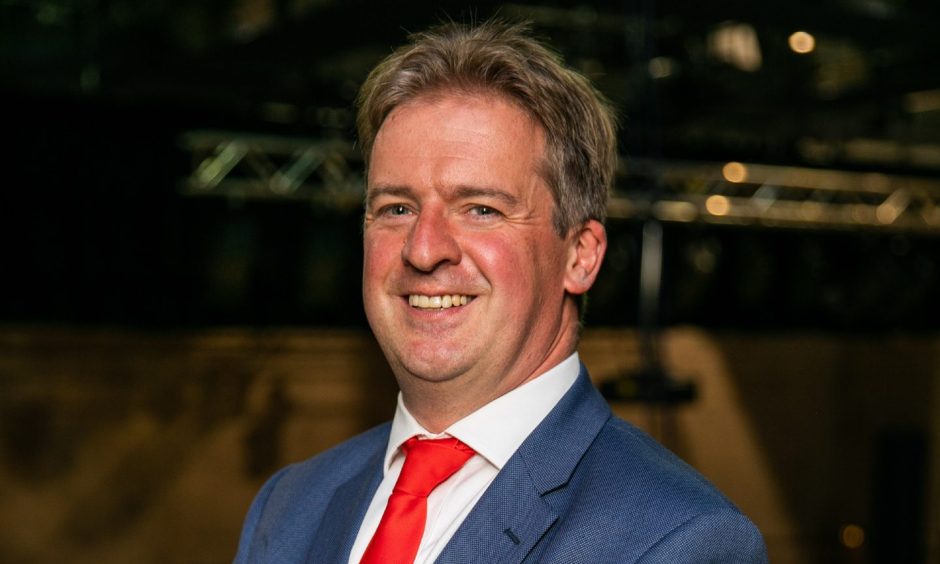

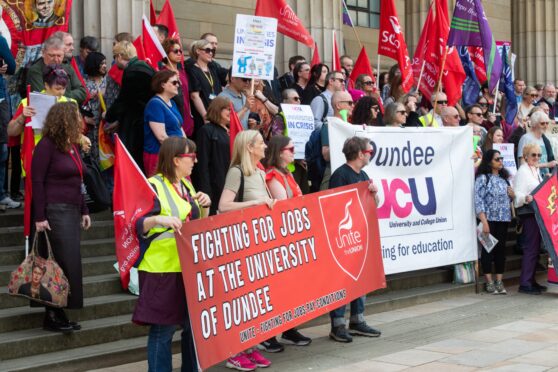
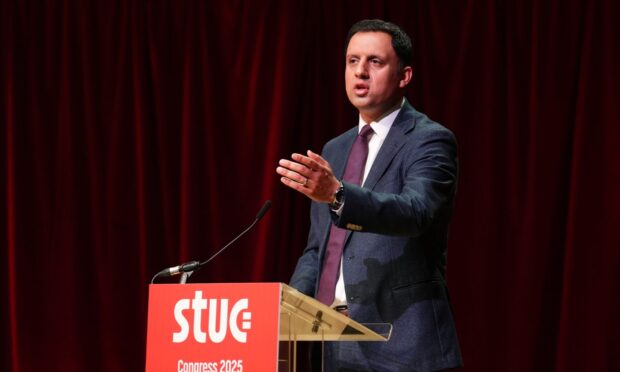
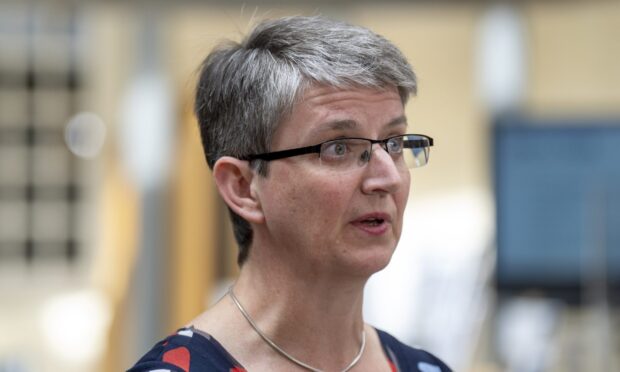
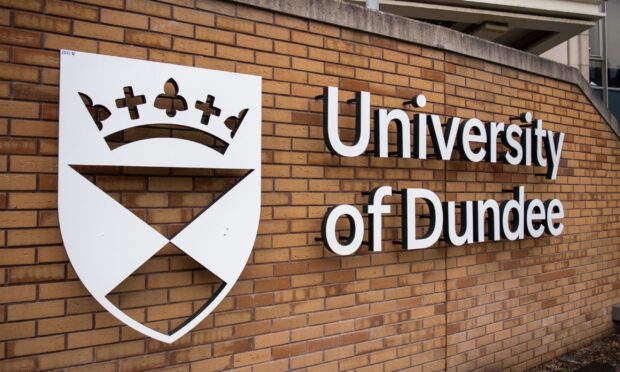
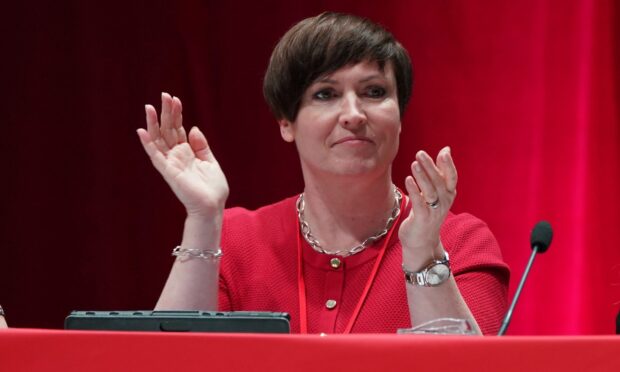



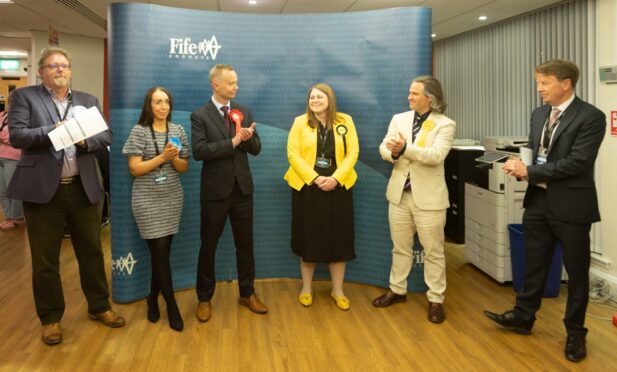
Conversation